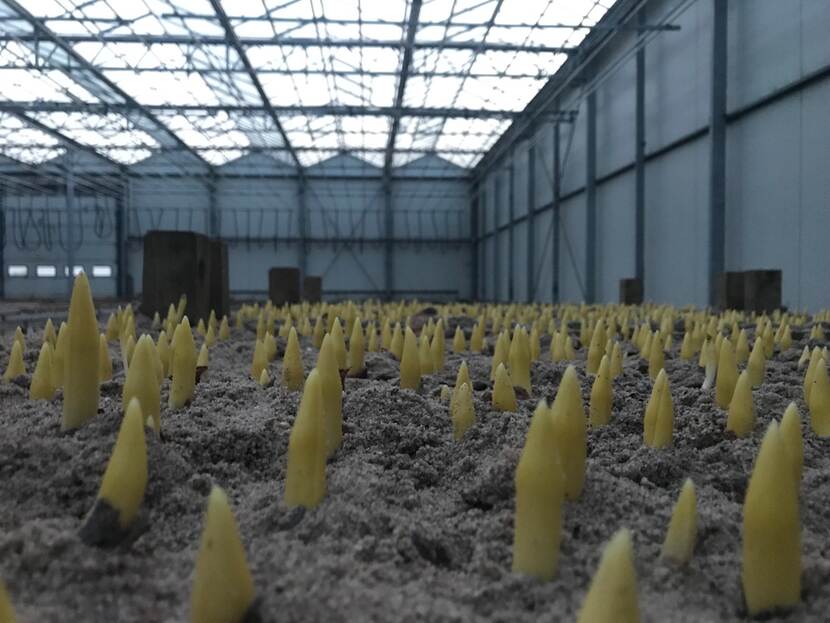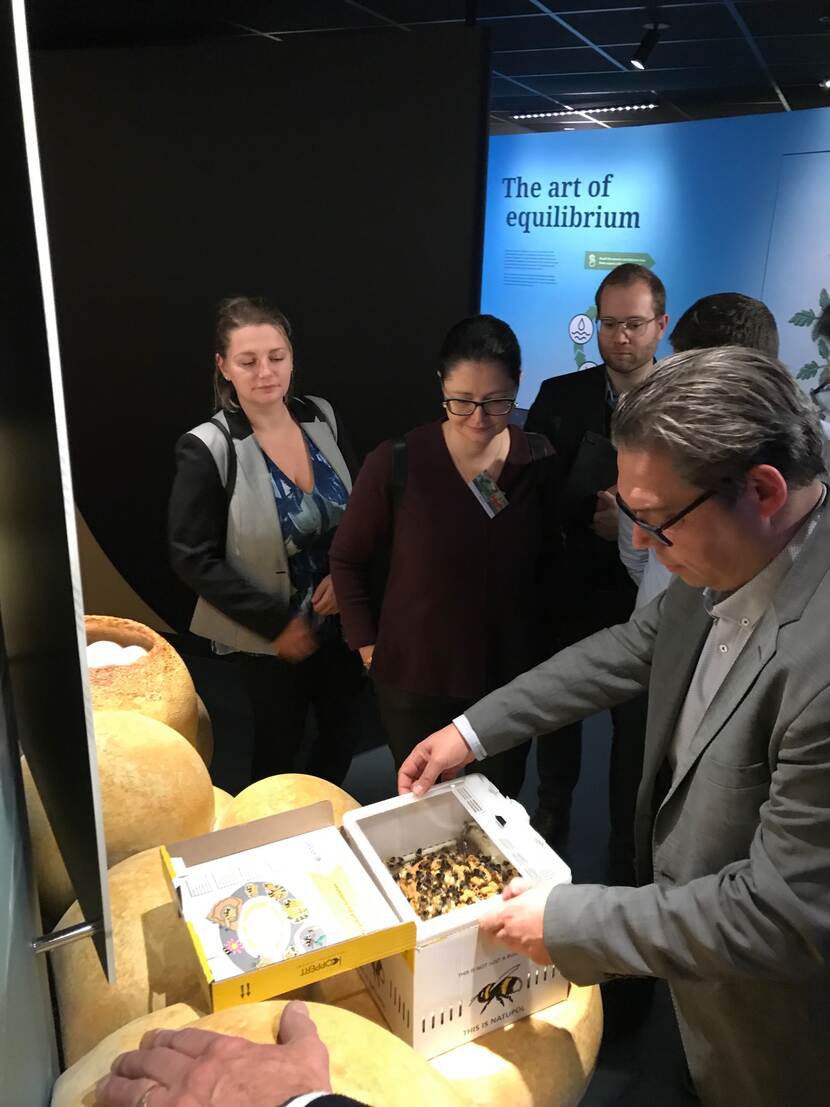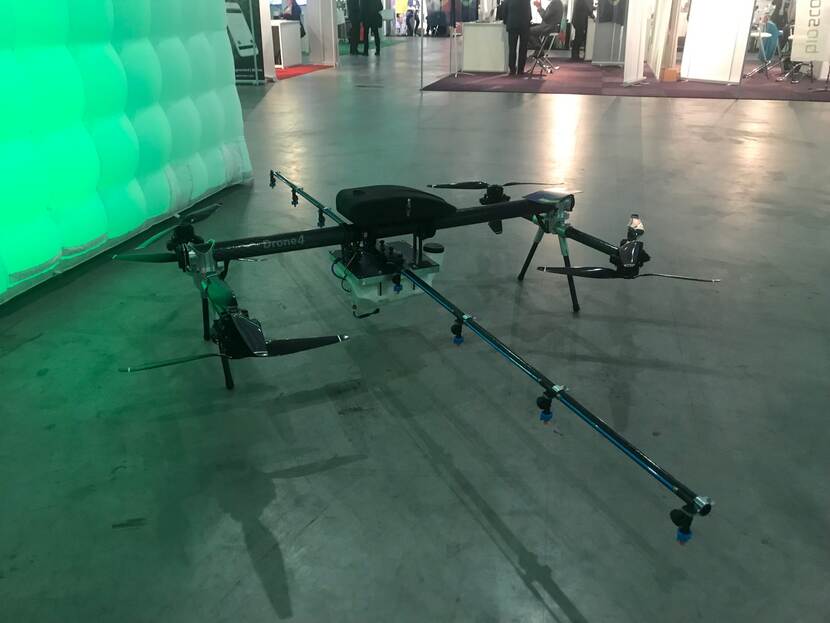Dutch-Hungarian Bilateral Meeting on Agriculture a Success
Fostering knowledge exchange is one of the cornerstones of the long relationship between Hungary and the Netherlands – Which is why Hungarian Deputy State Seretary for Agroecology Anikó Juhász visited the Netherlands for a work trip between December 10-12, 2019, to explore new avenues of cooperation in developing the agricultural techs and methods of tomorrow.
Aside from knowledge exchange, Dutch-Hungarian intergovernmental relations in agriculture are also based on flourishing trade, and the shared interest of shifting towards more sustainable food production.
These were familiar topics for Dr. Juhász, an agroeconomist by profession, former director of the National Agroeconomy Research Institute of Hungary, and the expert planner of the Hungarian government’s agenda on agro-innovation.

Shared goals
The work trip was based on two themes: Combatting nitrogen emissions and scaling up precision agriculture. Having one of the most ambitious nitrogen emission cutting goals among EU member states, Hungary actively seeks good practices to be introduced in its domestic agenda.
These goals are very much in line with the Netherland’s agricultural policy and view on the promotion of the Sustainable Development Goals of the United Nations – And a fruitful partnership in knowledge exchange between the two countries can help realizing these policy goals.
In Bilthoven, the Hungarian delegation met experts of RIVM’s Centre for Environmental Quality, where the practices for reactive nitrogen (especially ammonia) emissions measurements were discussed as well as the methods of feeding expert information into policy design and preparation.
A fruitful meeting with the leading experts on precision agriculture at Wageningen University set solid base for future cooperation, which serves Hungary’s transition to wider use of precision agriculture. This ambition is mirrored in the National Digital Agriculture Strategy – issued on August 1st 2019, a policy document being the first of its kind in the EU.

On the path to sustainable agriculture
The Hungarian agricultural sector has been in rapid recovery since the hardships of the early 1990s. In order to keep the momentum and put the Central European country’s agriculture on a solid sustainable development track, cooperation is essential among stakeholders. It is echoed more and more in forums for policy makers, government delegates and farmer alliances.
How could knowledge be transferred to the field in the most efficient way? In other words: how can we cut the way of information shorter? The Dutch NPPL Field Lab initiative might be one of the answers. By visiting a field lad in Noordwijkerhout, the delegation gained a short insight into the cooperation between farmers and WUR to get state-of-the-art precision agriculture knowledge first hand. The latest techniques got more detailed introduction at a field visit to the Van den Borne potato farm in Reusel.
2019 marks the centenary anniversary of diplomatic relations between the Netherlands and Hungary. Agricultural policy is an important part of this hundred-year-old partnership, which is why an inspiring visit to the AgriFoodTech fair in Den Bosch also brought together Deputy State Secretary Juhász and Director General Marjolijn Sonnema for a fruitful bilateral meeting.
